Into The Twenty First Century 1992-2015
History
Al Gore
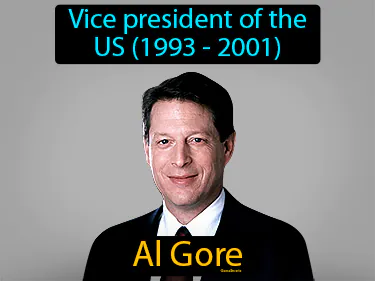
Vice president of the US 1993 - 2001. Al Gore. Al Gore is an American politician who served as vice president under President Bill Clinton.
al-Qaeda
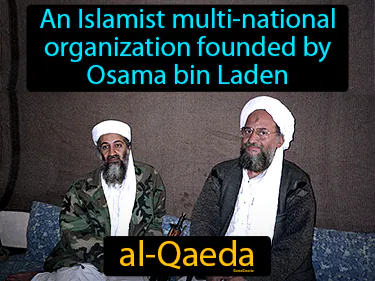
An Islamist multi-national organization founded by Osama bin Laden. Al-Qaeda is a global terrorist group known for orchestrating the September 11, 2001 attacks in the United States.
American Recovery and Reinvestment Act
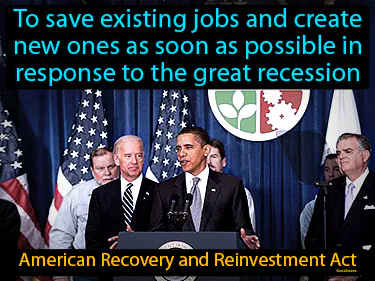
To save existing jobs and create new ones as soon as possible in response to the great recession. American Recovery and Reinvestment Act. The American Recovery and Reinvestment Act was a 2009 financial stimulus package aimed at boosting the U.S. economy during the Great Recession.
Barack Obama

44th president of the United States 2009 - 2017. Barack Obama. Barack Obama was the first African American president in U.S. history.
Benghazi attack
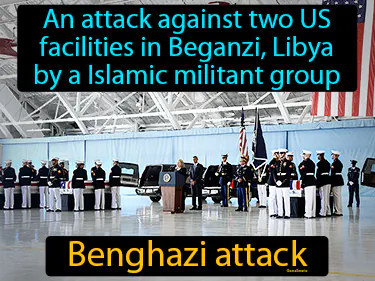
An attack against two US facilities in Benghazi, Libya by an Islamic militant group. The Benghazi attack was a 2012 assault on the US diplomatic compound in Benghazi, resulting in the deaths of four Americans, including Ambassador Chris Stevens.
Bill Clinton
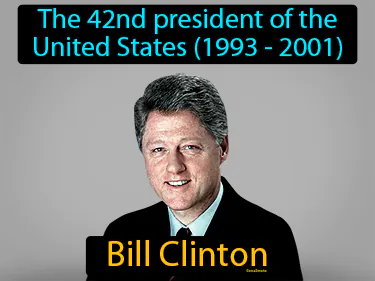
The 42nd president of the United States 1993 - 2001, Bill Clinton. Bill Clinton is a former U.S. president known for economic prosperity and the Monica Lewinsky scandal.
Bill Gates
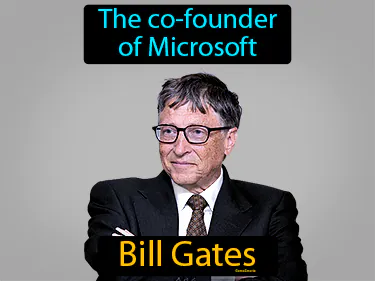
The co-founder of Microsoft. Bill Gates. Bill Gates is a key figure in the personal computer revolution as the co-founder of Microsoft, which helped make computers widely accessible.
Contract with America
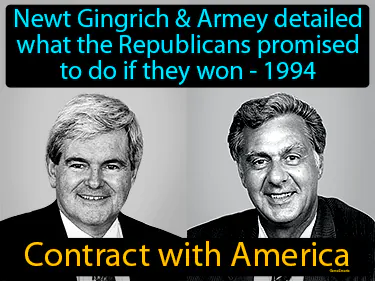
Newt Gingrich Armey detailed what the Republicans promised to do if they won - 1994. Contract with America. The Contract with America was a political agenda proposed by the U.S. Republican Party during the 1994 congressional election campaign, outlining specific policy goals they pledged to pursue if elected.
dot-com bubble
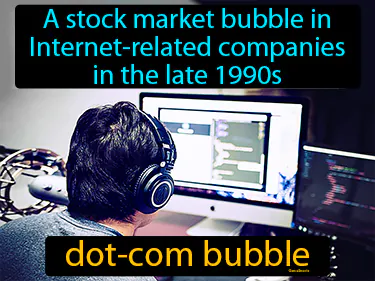
A stock market bubble in Internet-related companies in the late 1990s. Dot-com bubble. The dot-com bubble was a period when excessively high investments in internet companies led to a market crash in early 2000s.
downsize
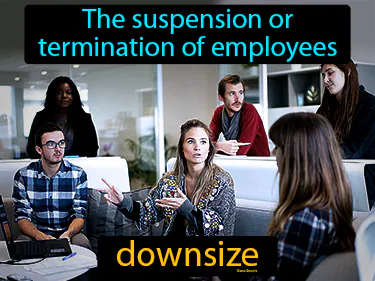
The suspension or termination of employees. Downsize. In history, downsizing refers to reducing the number of employees in a company, often to cut costs during economic downturns.
General Agreement on Tariffs and Trade
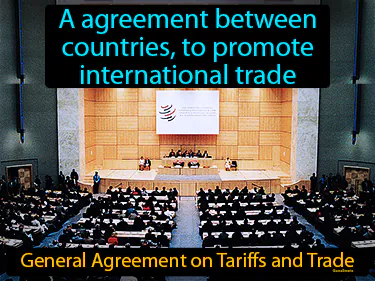
A agreement between countries, to promote international trade. General Agreement on Tariffs and Trade. The General Agreement on Tariffs and Trade GATT was an international treaty aimed at reducing trade barriers and encouraging global commerce after World War II.
gentrification

Changing the character of a neighborhood through the influx of more affluent residents. Gentrification. Historically, gentrification is when wealthier people move into urban areas, leading to rising property values and displacement of the original, often lower-income, residents.
George W. Bush

43rd president of the US 2001 - 2009. George W. Bush. He led the country during significant events like the 911 attacks and the Iraq War.
Great Recession
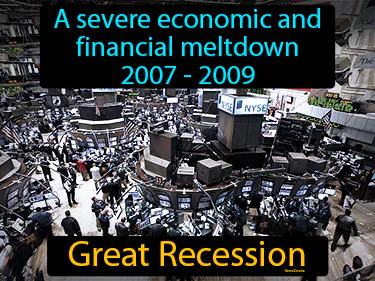
A severe economic and financial meltdown 2007 - 2009. Great Recession. The Great Recession was a significant global economic downturn that resulted in widespread unemployment and financial instability.
Hillary Rodham Clinton
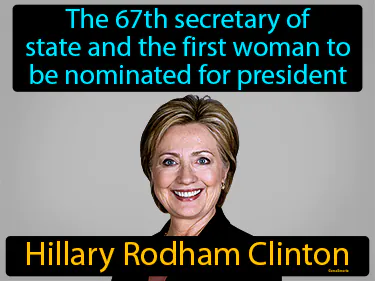
The 67th secretary of state and the first woman to be nominated for president. Hillary Rodham Clinton. Hillary Clinton is a significant figure in American history for breaking barriers in politics as a woman leader.
housing bubble

A run-up in housing prices fueled by speculation. Housing bubble. A housing bubble is a period when house prices rise rapidly due to high demand and speculation, eventually leading to a sharp decline.
Internet

Global system of interconnected computer networks. Internet. The Internet is a global network that started as a U.S. military project and evolved into a massive communication and information platform.
Joe Biden
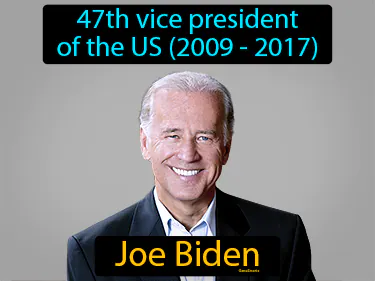
47th vice president of the US 2009 - 2017 current US President. Joe Biden. Joe Biden is a long-serving American politician who became the 46th President of the United States in 2021.
John McCain
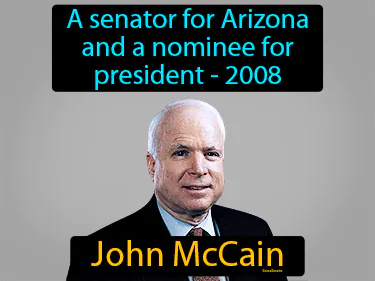
A senator for Arizona and a nominee for president - 2008. John McCain. He was a prominent U.S. politician known for his military service and maverick reputation in the Republican Party.
Michael Dell
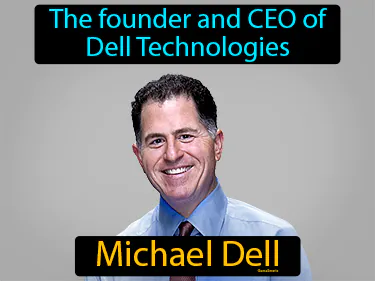
The founder and CEO of Dell Technologies. Michael Dell. Michael Dell is a pioneer in the personal computer industry.
Newt Gingrich
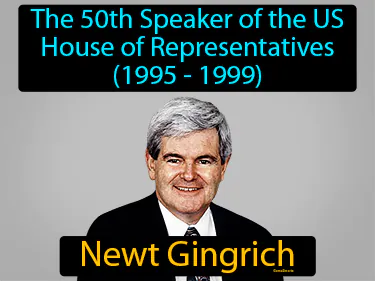
The 50th Speaker of the US House of Representatives 1995 - 1999, Newt Gingrich. Newt Gingrich is a key figure in American politics known for leading the "Republican Revolution" and reshaping partisan dynamics in the 1990s.
North American Free Trade Agreement
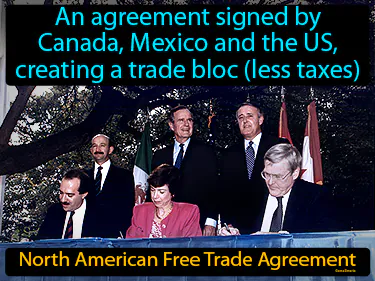
An agreement signed by Canada, Mexico, and the US, creating a trade bloc less taxes. North American Free Trade Agreement. It is a trade deal that eliminated most tariffs and trade barriers between the three countries.
Osama bin Laden
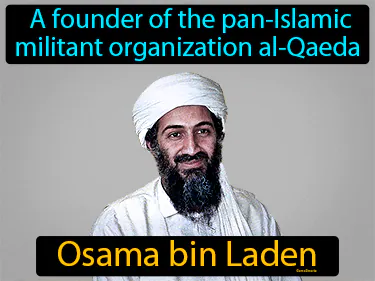
A founder of the pan-Islamic militant organization al-Qaeda, Osama bin Laden. He was a key figure behind the September 11, 2001, terrorist attacks in the United States.
outsourcing

Hiring a party outside a company to perform services that were performed internally. Outsourcing involves using external companies to perform tasks that were once done by a company's own employees historically, it's like when empires used local mercenaries instead of their own soldiers.
Patient Protection and Affordable Care Act
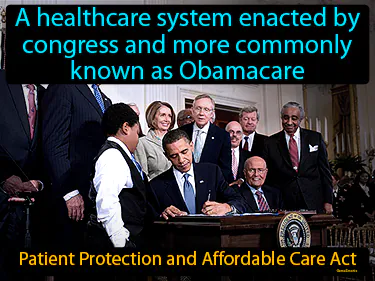
A healthcare system enacted by Congress and more commonly known as Obamacare. Patient Protection and Affordable Care Act. Historically, it's a 2010 U.S. law designed to make healthcare more accessible and affordable.
Proposition 187
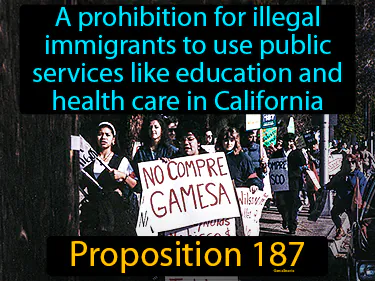
A prohibition for illegal immigrants to use public services like education and health care in California. Proposition 187. Proposition 187 was a 1994 California ballot initiative that aimed to deny public services to undocumented immigrants.
Ross Perot
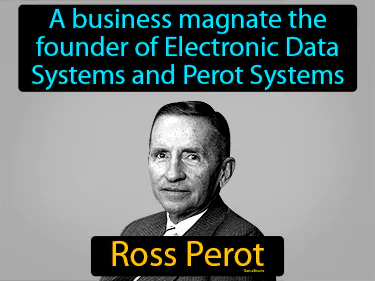
A business magnate, the founder of Electronic Data Systems and Perot Systems. Ross Perot. He was a significant American entrepreneur and two-time U.S. presidential candidate in the 1990s.
Sarah Palin
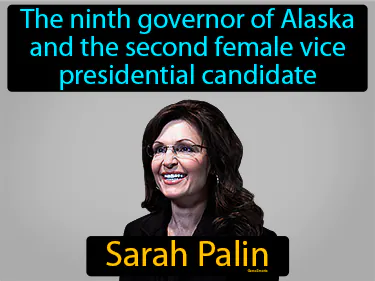
The ninth governor of Alaska and the second female vice presidential candidate. Sarah Palin. Sarah Palin is a significant political figure who ran as the vice-presidential nominee in the 2008 U.S. election.
Sarbanes-Oxley Act
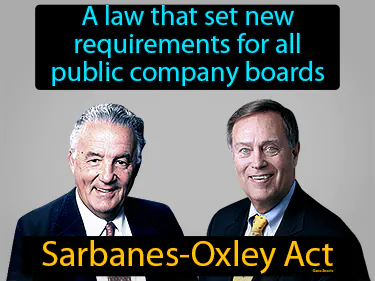
A law that set new requirements for all public company boards. Sarbanes-Oxley Act. It is a U.S. law enacted in 2002 to prevent corporate fraud following major scandals like Enron.
Steve Jobs
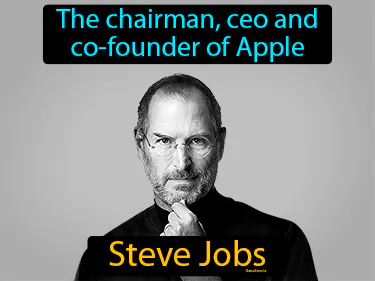
The chairman, CEO and co-founder of Apple, Steve Jobs. Steve Jobs was a visionary leader who revolutionized technology with products like the iPhone and the Macintosh.
Taliban
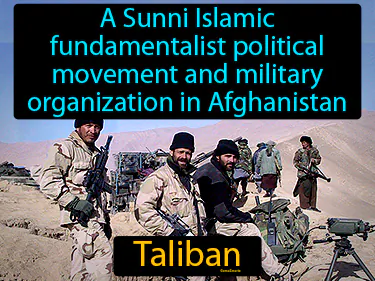
A Sunni Islamic fundamentalist political movement and military organization in Afghanistan. Taliban. The Taliban is a group that gained control in Afghanistan in the 1990s and has been known for its strict interpretation of Islamic law.
Tea Party

An fiscally conservative political movement within the Republican Party. Tea Party. The Tea Party is a movement that emerged in the U.S. in the late 2000s to advocate for reduced government spending and taxes.
Telecommunications Act of 1996
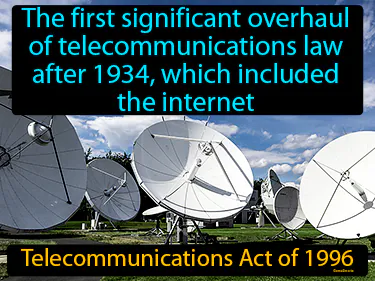
The first significant overhaul of telecommunications law after 1934, which included the internet. Telecommunications Act of 1996. This act updated regulations to address the internet and promote competition in the communication industry.
telecommute

A work arrangement in which employees do not commute or travel to work. Telecommute. Telecommuting allows people to work from home, an idea that gained popularity with the advent of the internet.
Troubled Asset Relief Program
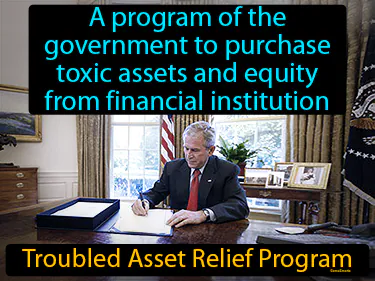
A program of the government to purchase toxic assets and equity from financial institutions. Troubled Asset Relief Program. The Troubled Asset Relief Program was a U.S. government initiative during the 2008 financial crisis to stabilize the banking system by buying problematic assets from financial institutions.
urban flight

When people move to the suburbs, taking their political power with them. Urban flight. Urban flight, historically, refers to the mass movement of people from cities to suburban areas, often resulting in economic and demographic changes in urban centers.
USA Patriot Act
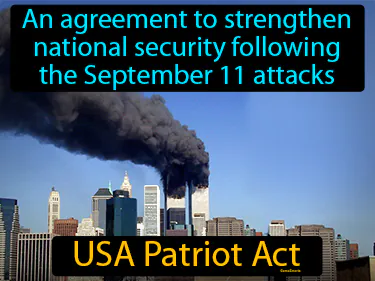
An agreement to strengthen national security following the September 11 attacks. USA Patriot Act. The USA Patriot Act is a law enacted in 2001 to enhance the U.S. government's ability to detect and prevent terrorism.
weapons of mass destruction
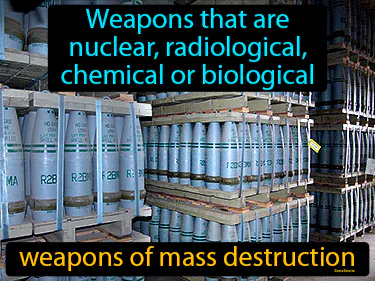
Weapons that are nuclear, radiological, chemical, or biological. Weapons of mass destruction. These are weapons capable of causing large-scale destruction and loss of life, like those used in World War II.

